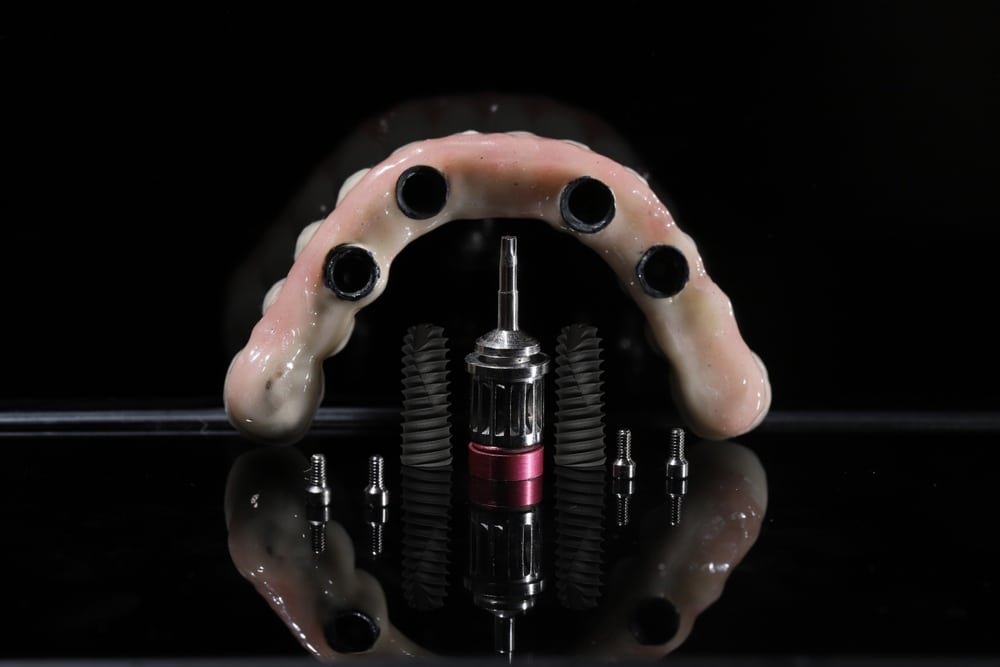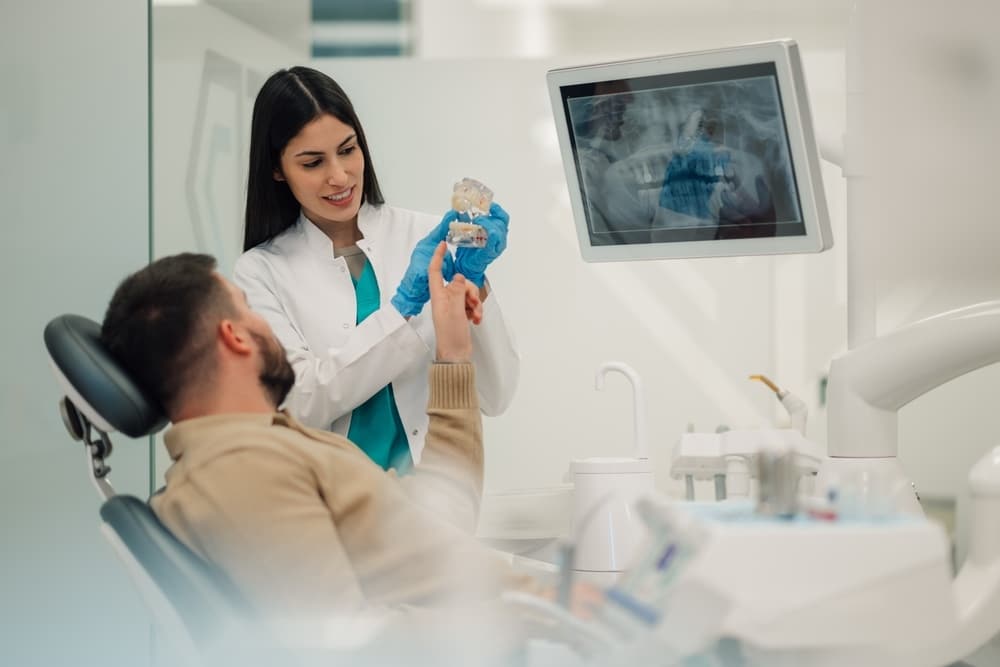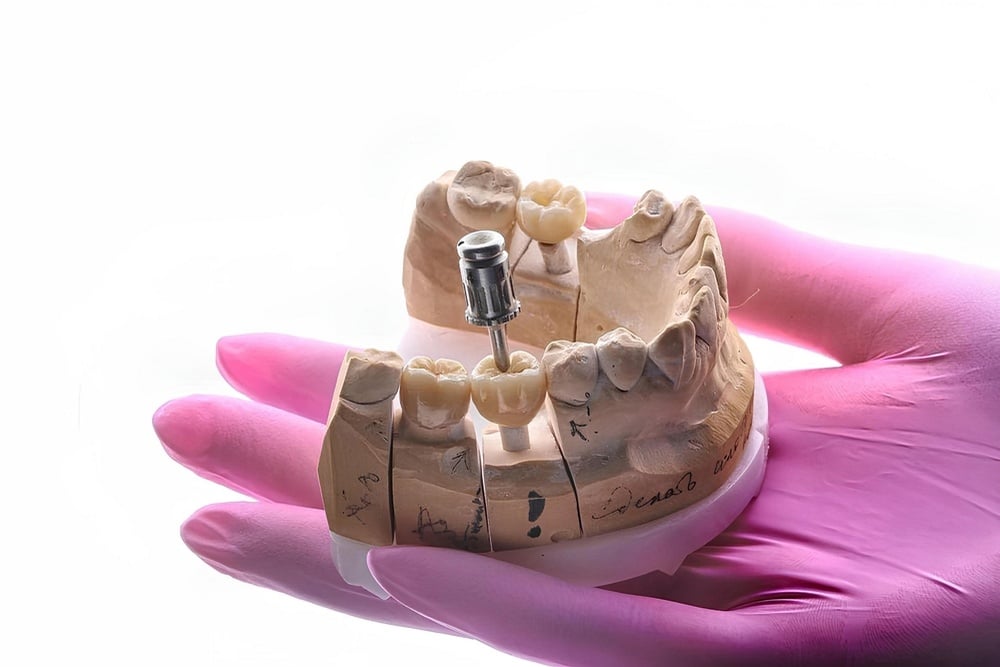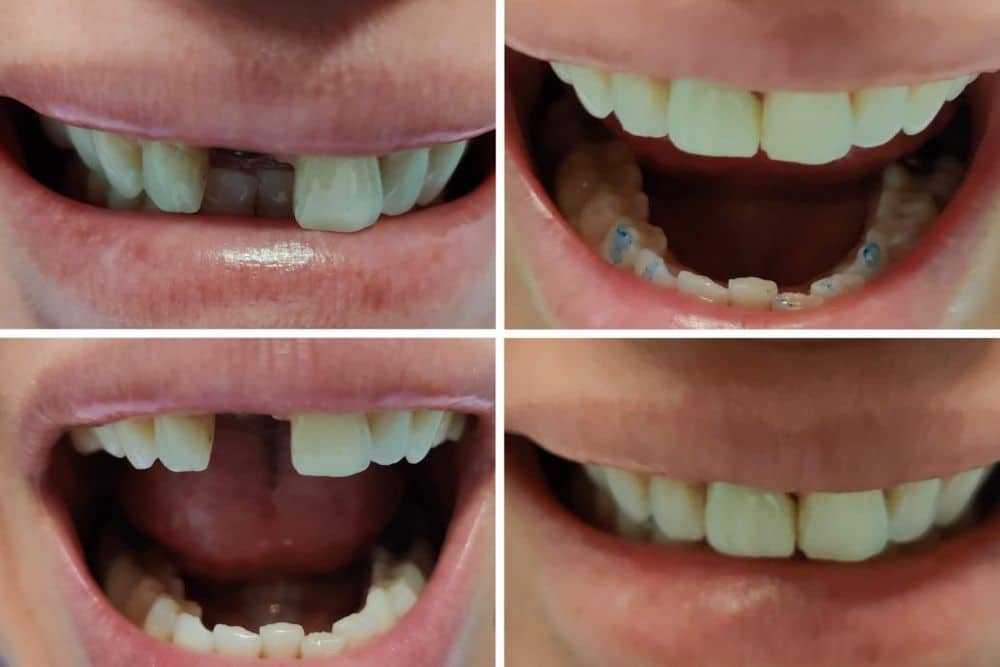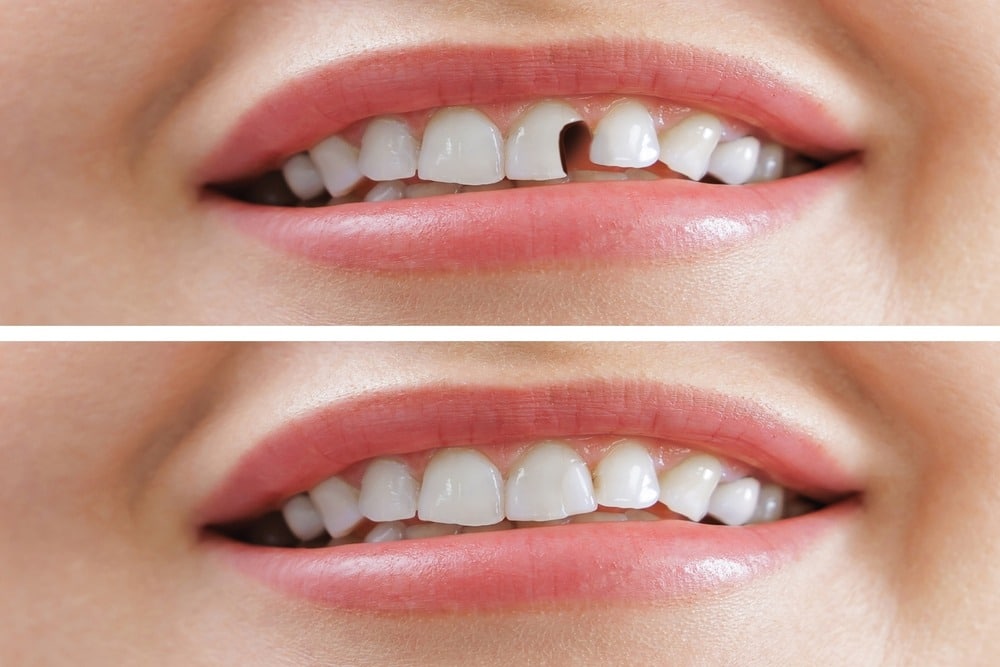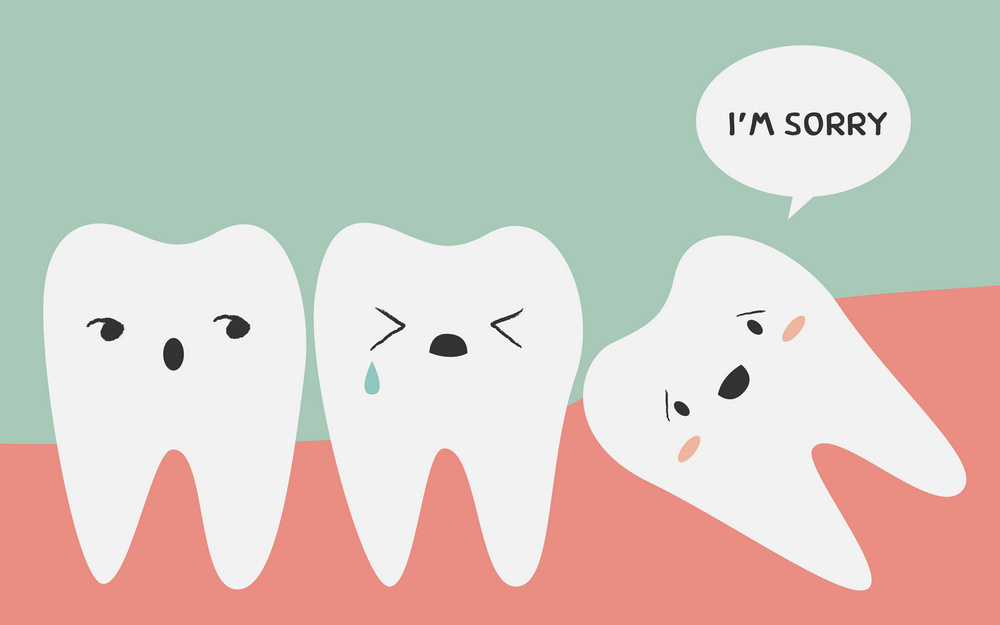
Wisdom Teeth Options
With getting older comes wisdom, as well as wisdom teeth.
In your lifetime, your mouth will undergo many changes. The highlight of those changes takes place at ages between 17 and 21 for most people, and that is usually when the wisdom teeth make their grand appearance. In dental terms, they are called the third molars, but have adopted the wisdom teeth name since they appear at a mature age.
Once the molars have fully grown correctly, they are the perfect aid for chewing. It is entirely normal to feel discomfort when wisdom teeth are coming out, but if in your case, like in many others, there is a pain, you should see your dentist as soon as possible.
If there isn’t room for wisdom teeth to grow or if they are moving in the wrong directions, it can lead to severe problems. Your wisdom teeth can be impacted; that means that the teeth are trapped in your jaw or under your gums.
It is normal for your dentist to want to monitor your mouth as the wisdom teeth are making their way through your gums.
Your dentist is looking for particular signs:
- Food can get trapped in a wisdom tooth that has not grown in the right direction, leading to cavity-causing bacteria to develop.
- If the wisdom teeth have come incorrectly, it can make it hard to floss between molars and teeth that are next to them.
- If wisdom teeth do not fully grow out, it will give room for bacteria to enter the gums resulting in infection. You can experience swelling, pain, and stiffness in your jaw.
- If wisdom teeth do not have enough room to grow, they will damage and crowd neighboring teeth.
- A wisdom tooth that is crushed can easily develop cysts on the area or close by the impacted tooth. When this happens, the nearby teeth’s roots could be damaged, or the bone that supports your teeth could be destroyed.
In the majority of cases wisdom teeth have to be extracted, but every patient is unique. If you are wondering if yours need to be removed, pay attention to the following changes in your mouth:
- Infection
- Pain
- Damaged to neighboring teeth
- Gum disease
- Tooth decay
The removal of wisdom teeth can also be the base for other dental treatments such as braces and other procedures.
Before making a decision, your dentist will examine your mouth and take an x-ray. After that you and your dentist can make a decision.
If you decide to keep your wisdom teeth, your mouth will still need monitoring to prevent potential problems from developing.
Join our Dental Arts San Diego family, get a free of charge second opinion for dental work and receive state of the art treatment and customer service.
Please call our Dental Arts San Diego office at (619) 444-1001.
We are located at 707 ARNELE AVENUE, EL CAJON, CA 92020
Our email address is dentalartssandiego@gmail.com



